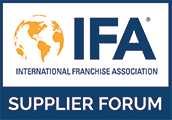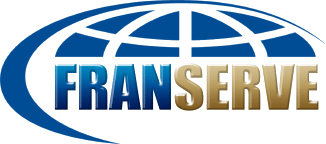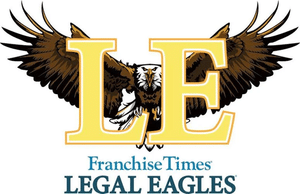Compare and Contrast: FDDs and Franchise Agreements
Many prospective franchisees, and–quite frankly–many franchisors, are confused as to the difference between the FDD and the Franchise Agreement.
The FDD is simply a picture in time and a representation of certain information, financial and otherwise, on the business opportunity a franchisee is purchasing. The terms will mirror and track many of the items in the Franchise Agreement. However, once the Franchise Agreement is signed the Franchise Agreement, not the FDD, controls.
Here’s an Example

These aren’t contracts between two parties, but information the government is requiring the perceived stronger party to disclose to the weaker party. This helps level the information playing field. Unfortunately, many times when voluminous disclosures are required, important pieces are missed.
If the FDD Outlines the Franchise Agreement, Do I Need to Read the Franchise Agreement?
Yes! Do not skip this step.
Many people will run out of steam in reading the first 60 to 80 pages of the FDD and skip the Franchise Agreement entirely, thinking it is just the same information in a different format. However, if two or three years down the road there is a serious issue, the default letter the franchisor sends won’t quote the FDD.
What is The Franchise Agreement?
- The contract that will govern the relationship between the franchisee and the franchisor. Creates legal obligations on both parties.
- Is the license agreement for the use of the trademarks by the franchisee.
- Formally sets the term, royalties, brand fund fees and other payment obligations. Addresses dispute resolution logistics if the relationship does not turn out as expected.
A Strategy for Reading Your Documents
A best practice when reviewing the FDD and the Franchise Agreement , is to go in reverse order. Go through the Franchise Agreement first, clause by clause, and the FDD second.
If it helps, you can think of the Franchise Agreement as the “lease” for the trademark and system, while the FDD is, in part, the marketing material. When viewing your FDD and Franchise Agreement through this prism, prospective franchisees can make a more informed decision.
Viewing Your Franchise Documents as a Spaceship

Unless there is a future problem and someone needs to go back and forensically analyze the FDD, it is irrelevant to the future relationship between the franchisee and the franchisor.
Are These Set in Stone?
The FDD will change every year. New growth, changes in the system, operational requirements, territory sizes, and even fees will inevitably be adjusted and modified as a franchise system matures. But the Franchise Agreement, for the term of the agreement anyway, will remain unchanged for that particular franchisee.







